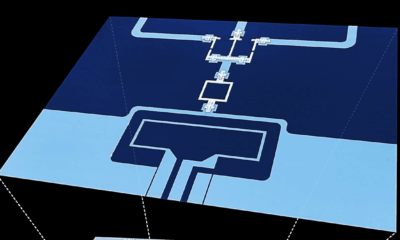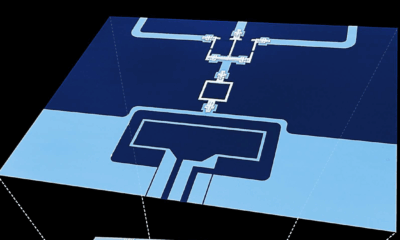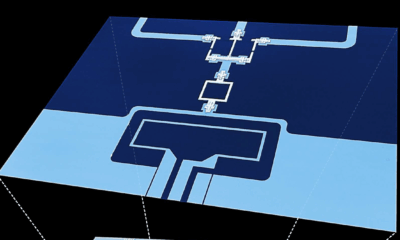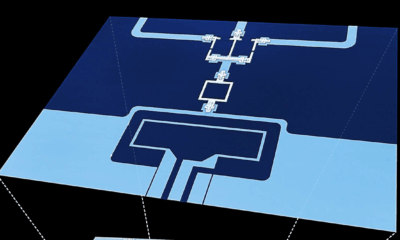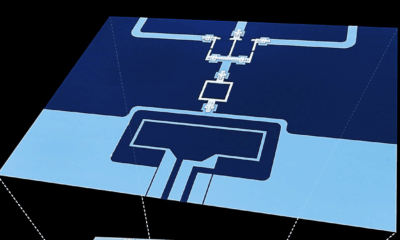Science
Nobel Prize Honors Groundbreaking Research in Quantum Technologies
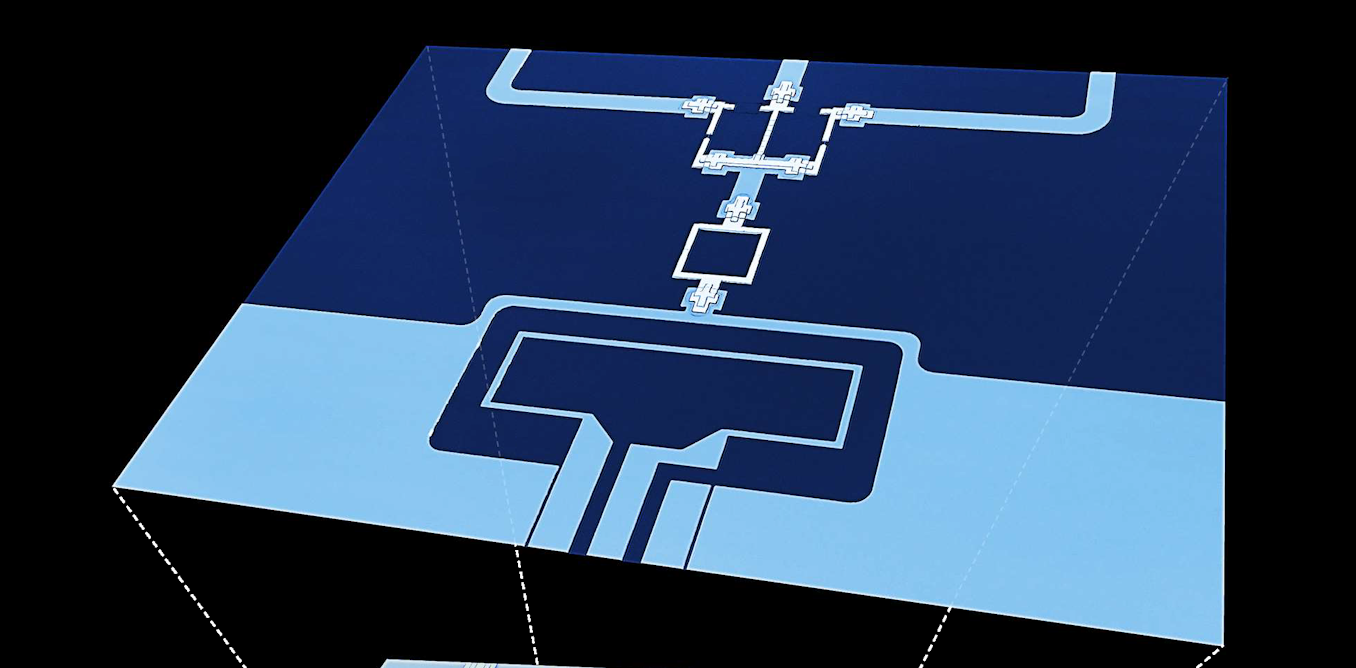
The 2025 Nobel Prize in Physics has been awarded to three prominent scientists for their pioneering research that has significantly advanced the field of quantum technology. The laureates, John Martinis, Michel Devoret, and John Clarke, demonstrated that superconducting electrical circuits can exhibit quantum behavior, paving the way for practical applications in quantum computing and beyond.
Quantum mechanics explains the unusual behavior of microscopic particles, and it holds the potential to revolutionize fields such as chemistry and cryptography. The promise of quantum computing lies in its ability to solve complex problems that are currently beyond the reach of traditional computers. The research conducted by the Nobel laureates in the 1980s was crucial in proving that large electrical circuits could indeed display quantum effects, which had previously been a topic of uncertainty.
The Breakthrough in Superconducting Circuits
In their groundbreaking studies from 1984 and 1985, the trio used superconducting materials—specifically niobium and lead—cooled to just above absolute zero. At these temperatures, these materials become superconductors, allowing the flow of electricity without resistance or heat generation. They demonstrated that these superconducting circuits operate according to the principles of quantum mechanics, showcasing quantized energy levels and the ability to exist in superpositions of states.
This discovery was not merely a theoretical exercise; it laid the foundation for a variety of applications in quantum technologies. Today, superconducting circuits are used to investigate fundamental quantum phenomena, simulate physical systems, and develop advanced sensing techniques. For instance, the research group led by Devoret recently unveiled a highly efficient microwave amplifier based on superconducting technology, which is vital in fields such as telecommunications and scientific instrumentation.
Applications and Future of Quantum Computing
Superconducting circuits serve as a core technology for quantum computing, where multiple quantum systems can interact and become entangled. This entanglement, along with the principles of quantization and superposition, creates the computational power unique to quantum systems. In this context, quantum bits, or qubits, are essential. These units of quantum information must maintain coherence, be controllable, and be scalable to ensure the effectiveness of quantum computers.
While various quantum technologies are being explored, such as arrays of atoms and trapped ions, superconducting circuits offer a unique advantage. Their simplicity and adaptability allow researchers to design circuits that can achieve nearly any desired qubit behavior, with predictable outcomes. This versatility makes superconducting qubits particularly appealing for the development of large-scale quantum processors.
The ongoing research in this field continues to build on the legacy of the Nobel laureates. Academic groups and institutions are actively working to enhance the coherence and control of superconducting qubits, while companies and government laboratories translate these findings into practical applications. The goal remains to create robust quantum processors that can be utilized for real-world applications, ranging from advanced simulations to cryptographic security.
The contributions of Martinis, Devoret, and Clarke extend well beyond their initial discoveries. Martinis has led Google’s quantum computing initiatives, while Devoret remains an integral part of that team’s efforts. Although Clarke is now retired, his influence continues to resonate within the field, with many researchers tracing their academic lineage back to him.
As the scientific community celebrates the achievements of these pioneers, the future of quantum technology appears bright. Their foundational work not only transformed the understanding of superconducting circuits but also inspired a new generation of researchers committed to advancing the potential of quantum computing. The impact of their research will continue to unfold, driving innovation in multiple sectors for years to come.
-

 World1 week ago
World1 week agoPrivate Funeral Held for Dean Field and His Three Children
-

 Top Stories2 weeks ago
Top Stories2 weeks agoFuneral Planned for Field Siblings After Tragic House Fire
-

 Sports3 months ago
Sports3 months agoNetball New Zealand Stands Down Dame Noeline Taurua for Series
-

 Entertainment3 months ago
Entertainment3 months agoTributes Pour In for Lachlan Rofe, Reality Star, Dead at 47
-

 Entertainment2 months ago
Entertainment2 months agoNew ‘Maverick’ Chaser Joins Beat the Chasers Season Finale
-

 Sports3 months ago
Sports3 months agoSilver Ferns Legend Laura Langman Criticizes Team’s Attitude
-

 Sports1 month ago
Sports1 month agoEli Katoa Rushed to Hospital After Sideline Incident During Match
-

 World2 weeks ago
World2 weeks agoInvestigation Underway in Tragic Sanson House Fire Involving Family
-

 Politics2 months ago
Politics2 months agoNetball NZ Calls for Respect Amid Dame Taurua’s Standoff
-

 Top Stories2 weeks ago
Top Stories2 weeks agoShock and Grief Follow Tragic Family Deaths in New Zealand
-

 Entertainment3 months ago
Entertainment3 months agoKhloe Kardashian Embraces Innovative Stem Cell Therapy in Mexico
-

 World4 months ago
World4 months agoPolice Arrest Multiple Individuals During Funeral for Zain Taikato-Fox



